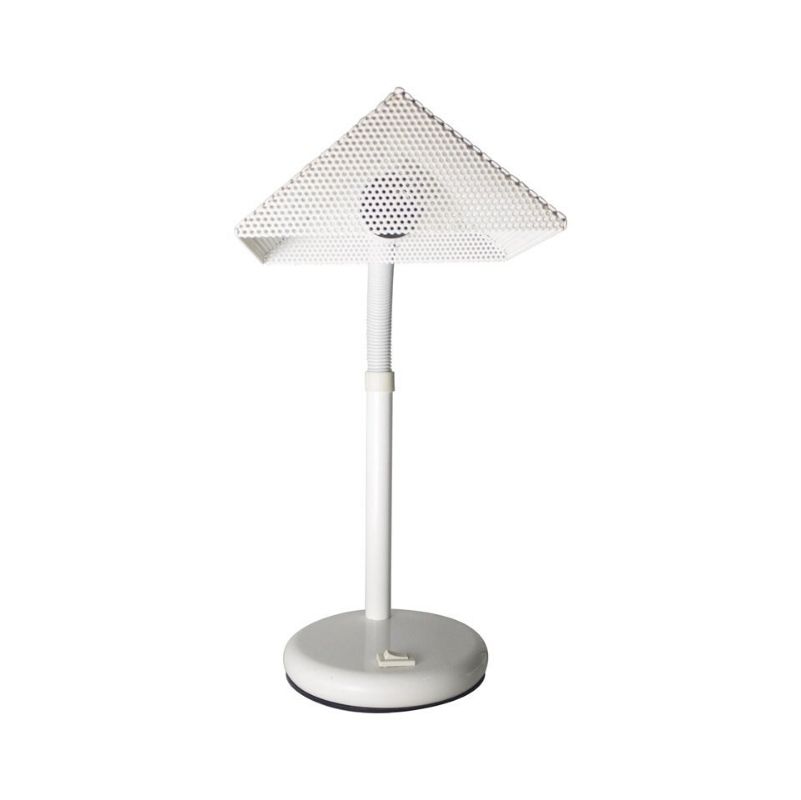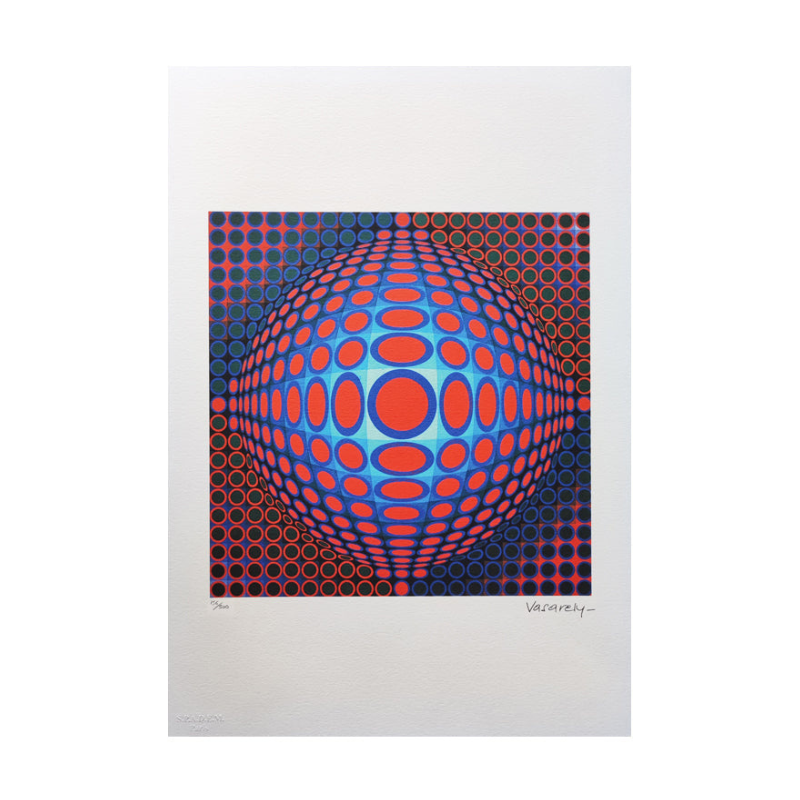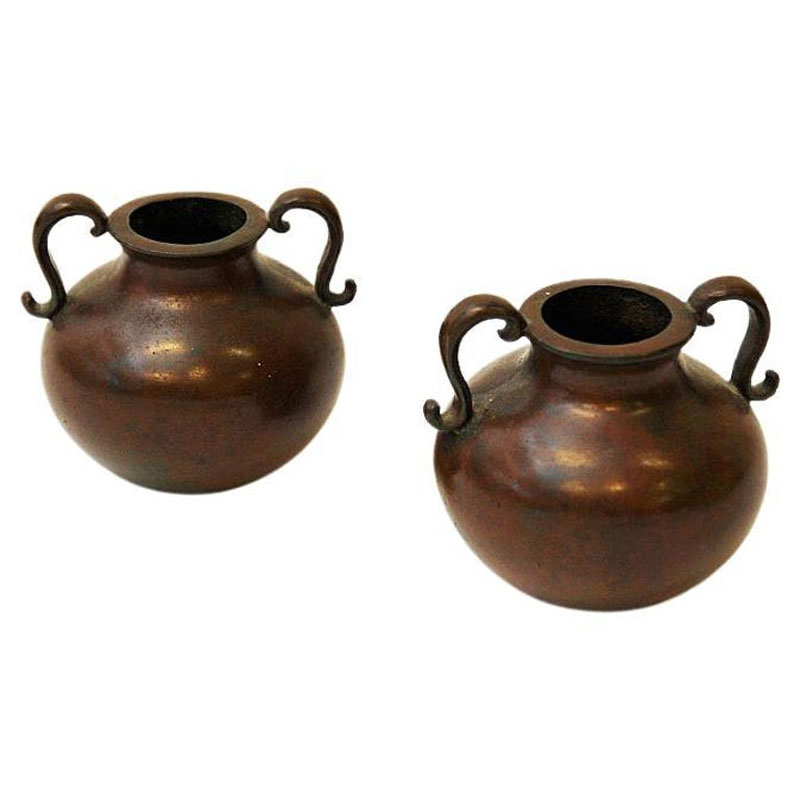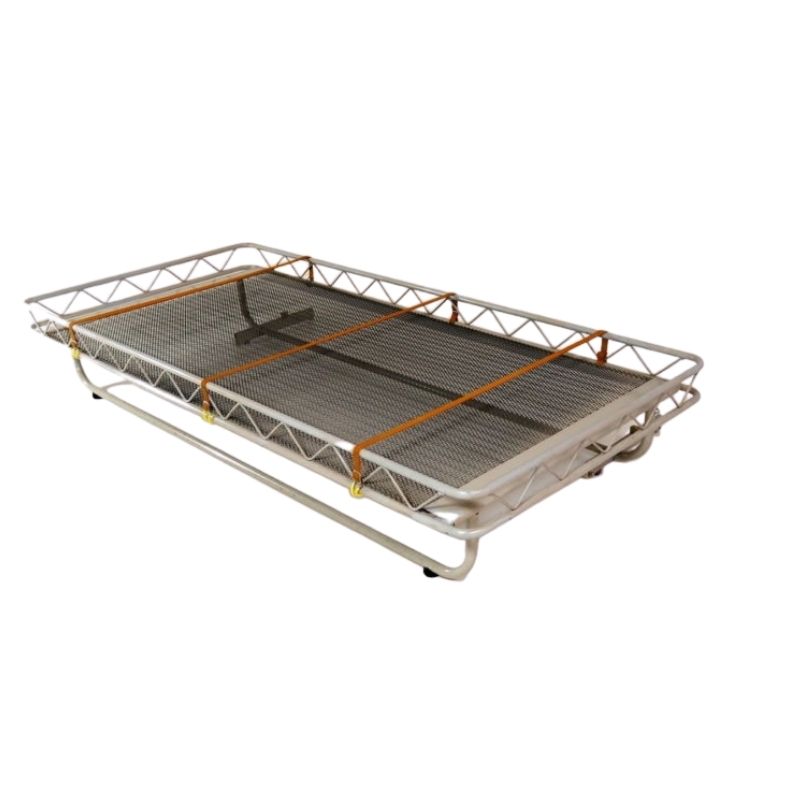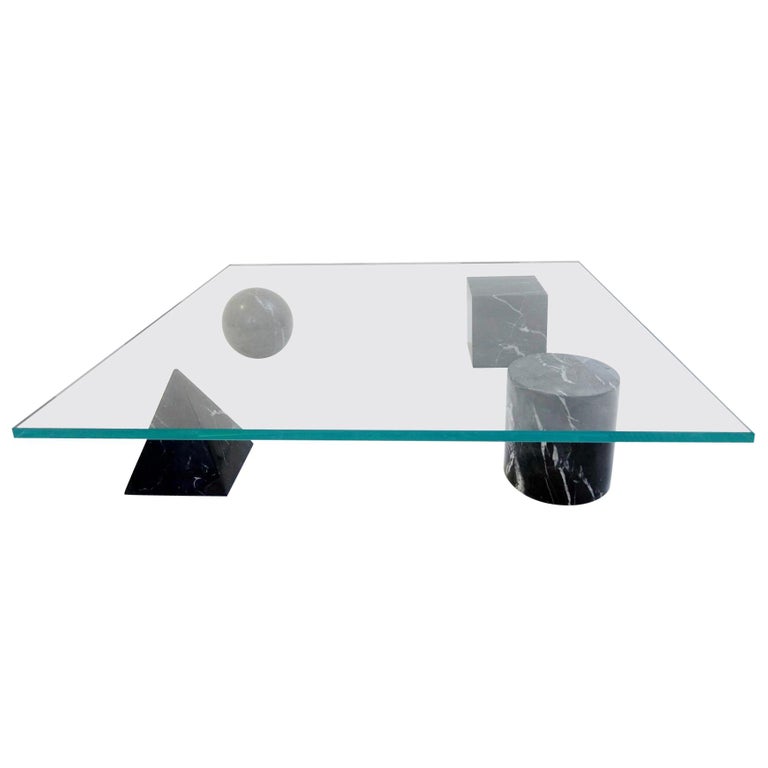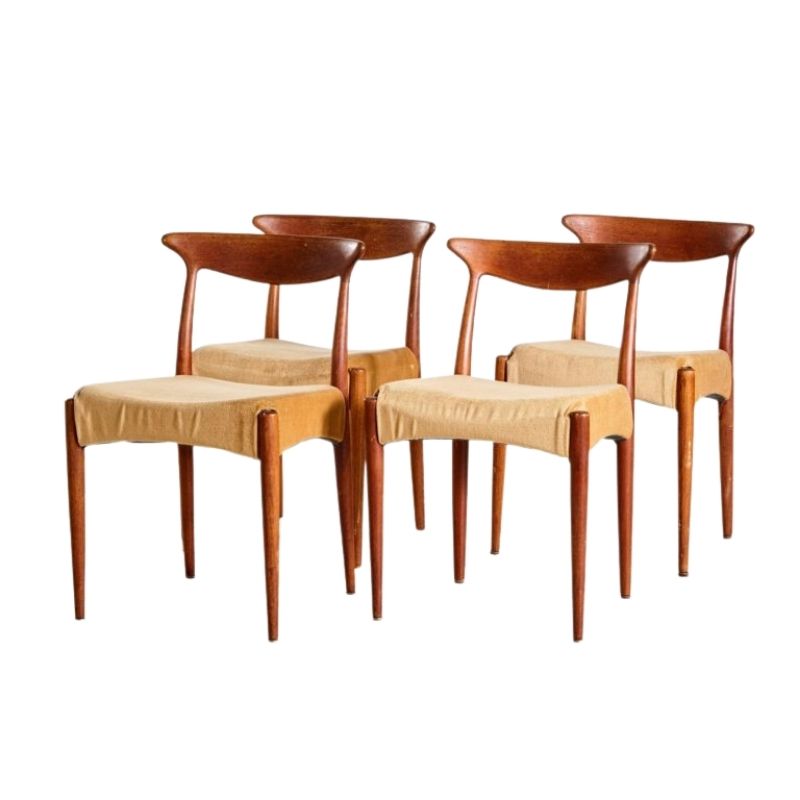Hello,
I just got this beautiful Hans Olsen TV 161 bench for Bramin set. But I have to repair all the seating as it's completely dead (first picture). I looked for danish peeal caning as original but in France nobody knows how to do it or it's too expensive to buy.
So I could figured out that I can use some danish cord and use a weaving technique instead (as this picture:  and also other picture
and also other picture 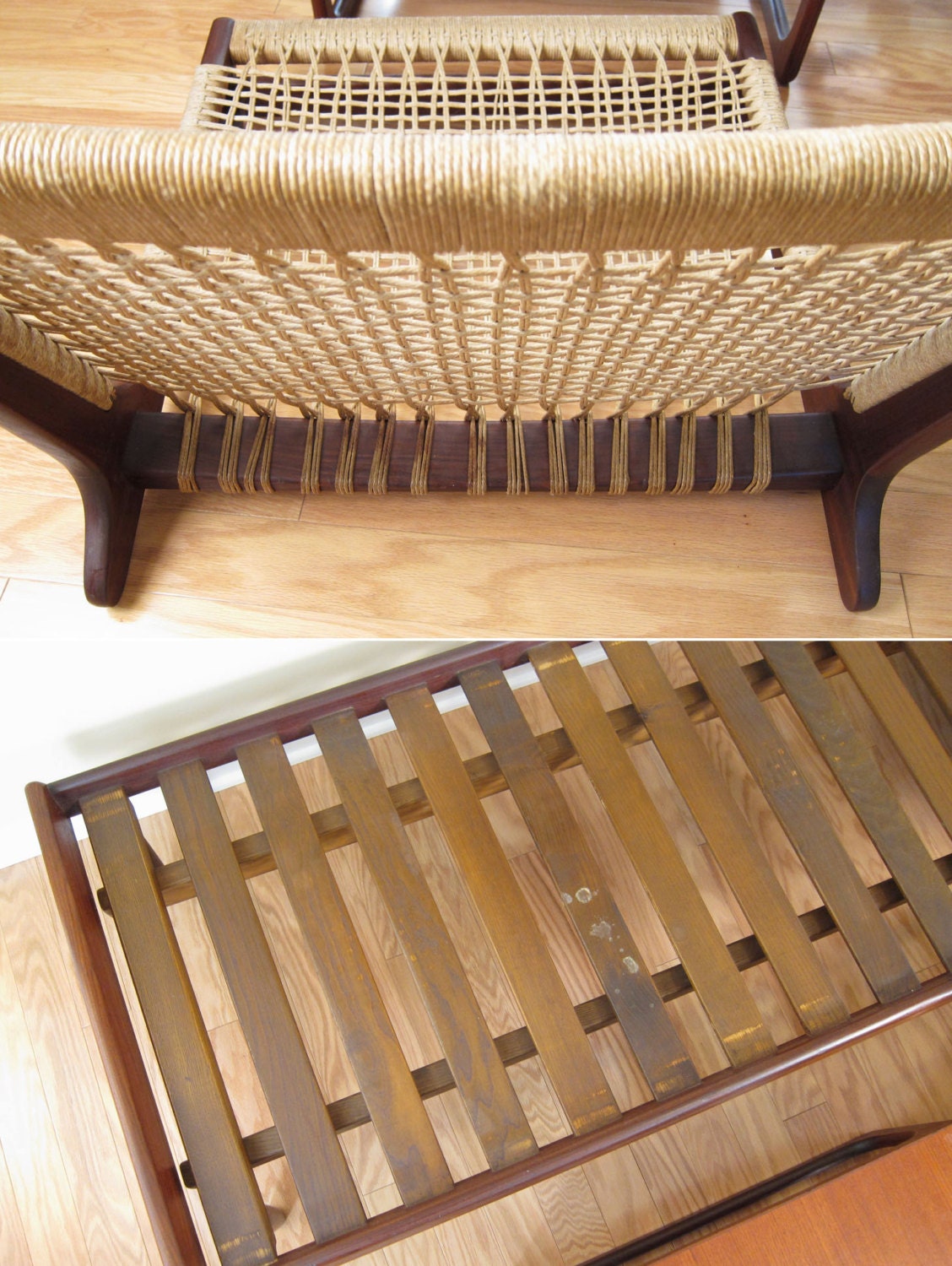 ).
).
But I have absolutely no idea how to attach them. As I think I can't use danish nails (not the same weaving as other seats like moller : http://www.thomaspenrose.com/diy_cord01.htm), because I can't hide them under the cord, is ther another technique or tutorial I could use?
Maybe i could use the caning technique like here : http://www.thomaspenrose.com/diy_rattan01.htm, but I don't know if the result will be the same.
Any ideas? tips? videos or any tutorials?
Thank you
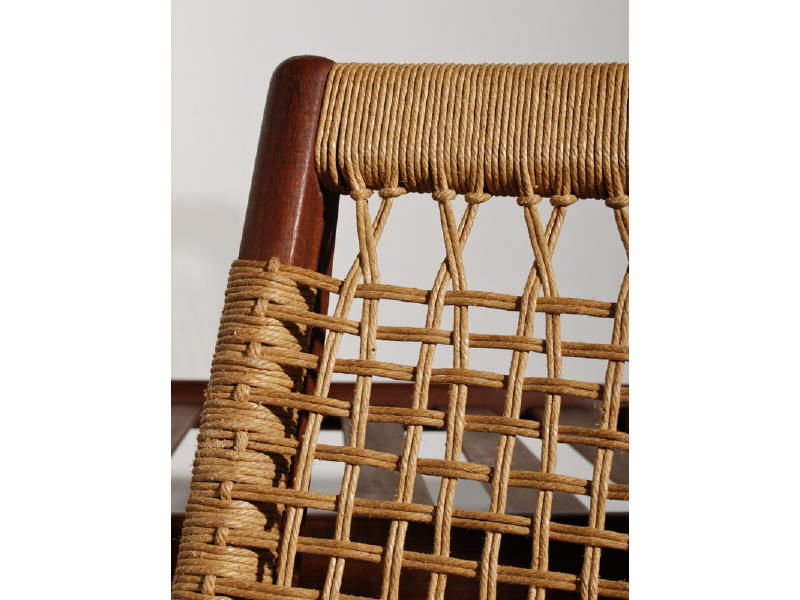 <img class="wpforoimg" src=" http://d1t1u890k7d3ys.cloudfront.net/cdn/farfuture/ahYhCNa9ZBXsA
<img class="wpforoimg" src=" http://d1t1u890k7d3ys.cloudfront.net/cdn/farfuture/ahYhCNa9ZBXsA
I was just finishing up a reply to your email but came here first for something and saw your post! I'll copy my email here instead.
The cane goes by several names and I'm sure you can get it in France. In the U.S. it is most often called "binder cane" and it's used in many styles of furniture, mostly much older than Danish Modern style. The "binder" term comes from the way it is often used to bind the edges of the cane; the Danes liked the width and used it for entire seats and backs in more open patterns.
Anyone who restores caned chairs can figure out how to do this pattern of weaving. It's a simple pattern. I wove one of these with no experience in the pattern at all, and little experience weaving cane at the time, and it came out well. I know that caned furniture has a long history in France so there have to be people there who restore it.
I'm pretty sure that using paper cord instead of cane will actually make it harder to do. Paper cord is dense and not easily compressed. Binder cane is flat and slippery and will slide easily through tight spots on this pattern.
If you use paper cord, your piece will be of less value. That may not matter to you if you plan to keep it forever, but I know for myself I am happier with furniture that is as the designer intended it to be.
I translated a few common cane repair terms using google translator and found this site: http://www.cannage-paillage-rotin.fr/lame-de-rotin?cote
That's the stuff---5 mm cane (or 4.5 or 5.5 or whatever the width is on your bench).
Thank you for your replies,
At the beginning I tough it was danish cord, but after recieving it I saw It's not simple canning, theres a pattern in it and doesn't look like plain binder cane (but I'm not specialist at all). I send you a picture in close up of my actual bench where you can see what it is. Do you have an idea of what it is? I can even order from the us if I find the exactly product.
That is not the original cane. The big clue that it is a poorly done replacement, aside from the fact that it is not cane, is the tangle of staples holding it on.
The frame is afrormosia, which is fairly hard and brittle wood. It was too hard for that staple gun.
Cane can be done without any mechanical fasteners, although one at the beginning and end of a panel is common.
There is a name for that material but I can't remember what it is. It has shown up here before once or twice. I think it might be made of paper.
But Leif is right, it's not original to this bench. If you do the work yourself, you should get a pair of small diagonal pliers (4.5" or about 115 mm) to remove the staples. The pliers are made for cutting but don't cut the staples, just grip them gently and pull them out of the wood. The small size has almost no bevel on the jaws so you can get very close to the wood if any staples break off. Use a thin piece of wood under the pliers to protect the bench frame where you angle the pliers off it (using it as a fulcrum). Otherwise you could end up putting a lot of little dents into the frame.
Binder cane will be in pieces anywhere from about 300 to 450 cm (10' to 15') long but the ends have to be tucked under the wraps on the rails, so a bit of each strand is waste. You should only strip the old material off one section at a time so that you always have the existing weave to look at for how it's done----that is, if the actual weaving was done correctly which it mostly looks like is the case (staples aside!) There are also several discussions on this board about doing this weave and working with cane in general.
If you're still looking for help, I've got some instruction on weaving these some of my older Instagram posts: https://www.instagram.com/themidcenturybeehive/
If you have questions, you can email me or message me through Instagram. I don't log on here much so I may not see your reply here. Best of luck!
If you need any help, please contact us at – info@designaddict.com




